WILDLABS groups like this one are where conservation tech community members from every career stage gather to ask questions, share resources, and network. If you're just getting started in your #tech4wildlife career, making a career change from the tech world into conservation, or you're a student finding your path in the field, the Early Career group wants to meet you!
Likewise, the Early Career group is an excellent place for our conservation tech experts to share opportunities and resources with a wide audience of people who will make a big impact in conservation in the coming years.
How can you get started in our Early Career group?
- Visit our Welcome Thread and tell us about yourself and your career goals!
- Drop into our Share Your Master's Project thread to ask questions, share your updates, get advice, and discuss your project goals with people who can help you make progress
- Network with our group's regular events like Happy Hour, launching later in 2022
The Early Career group is looking for an organizer for a 6-month period to plan networking events and help conservation tech students from around the world connect! If you're interested in volunteering as group organizer, email ellie.warren@wildlabs.net with a brief summary of your early career conservation tech experience so far, and with an idea for one event or activity you'd propose for the group. We hope to hear from you!
- @KB
- | she/her
Wildlife ecologist specializing in animal movement modeling and habitat selection with a strong interest in conservation policy and management decisions.
- 0 Resources
- 0 Discussions
- 17 Groups
- @vfhawkinson
- | she/her
University of Washington
PhD student assessing multi-scalar livestock-wildlife interactions in the American West
- 0 Resources
- 1 Discussions
- 8 Groups
- @trish_lai
- | she/her
UCD SVM Student
- 0 Resources
- 0 Discussions
- 11 Groups
- @nyangetamagesa
- | Miss
I am currently working as research assistant at Lion Landscapes, I am deeply passionate about conservation activities and dedicated to preserve our planet's natural resources

- 2 Resources
- 4 Discussions
- 7 Groups
- @Frank_van_der_Most
- | He, him
RubberBootsData
Field data app developer, with an interest in funding and finance

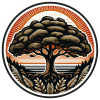


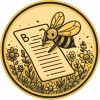
- 54 Resources
- 177 Discussions
- 9 Groups
- @TaliaSpeaker
- | She/her
WILDLABS & World Wide Fund for Nature/ World Wildlife Fund (WWF)
I'm the WILDLABS Research Specialist at WWF-US



- 23 Resources
- 62 Discussions
- 25 Groups
WILDLABS & Wildlife Conservation Society (WCS)
I'm the Bioacoustics Research Analyst at WILDLABS. I'm a marine biologist with particular interest in the acoustics behavior of cetaceans. I'm also a backend web developer, hoping to use technology to improve wildlife conservation efforts.

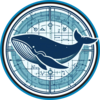
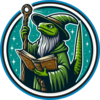
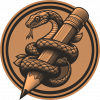
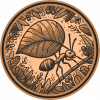
- 27 Resources
- 34 Discussions
- 34 Groups
- @SamuelNtimale
- | Him
Samuel Nti, a conservationist at APLORI, uses bioacoustics to protect endangered birds. His current work focuses on the African Grey Parrot in Nigeria, where he employs Passive Acoustic Monitoring (PAM) to inform conservation strategies.
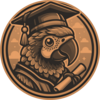
- 0 Resources
- 1 Discussions
- 7 Groups
- @carlybatist
- | she/her
ecoacoustics, biodiversity monitoring, nature tech



- 111 Resources
- 356 Discussions
- 19 Groups
Movement ecologist using conservation technology to study the behaviors of animals in the wild and understand how they cope with change to most effectively address conservation- and conflict-related issues.


- 0 Resources
- 9 Discussions
- 11 Groups
- @frankglujan
- | He/Him/His
- 0 Resources
- 0 Discussions
- 3 Groups
- @ahmedjunaid
- | He/His
Zoologist, Ecologist, Herpetologist, Conservation Biologist

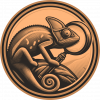



- 63 Resources
- 7 Discussions
- 26 Groups
Applications are now open for the CLP 2023 Team Awards.
19 July 2022
Dr. Karen Holl's group at the University of California, Santa Cruz
4 June 2022
Drone Photogrammetry & GIS Introduction (Foundation) Course
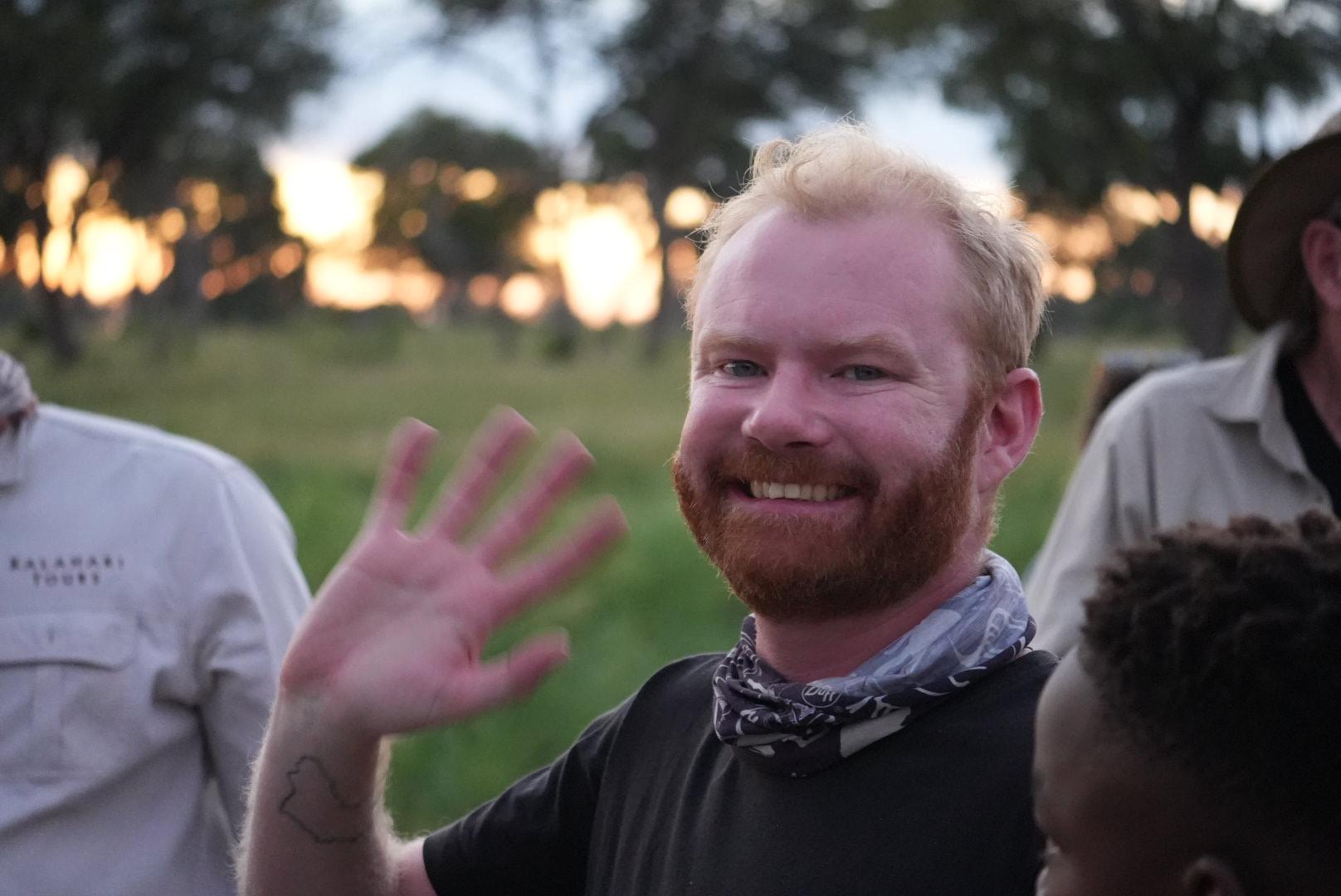
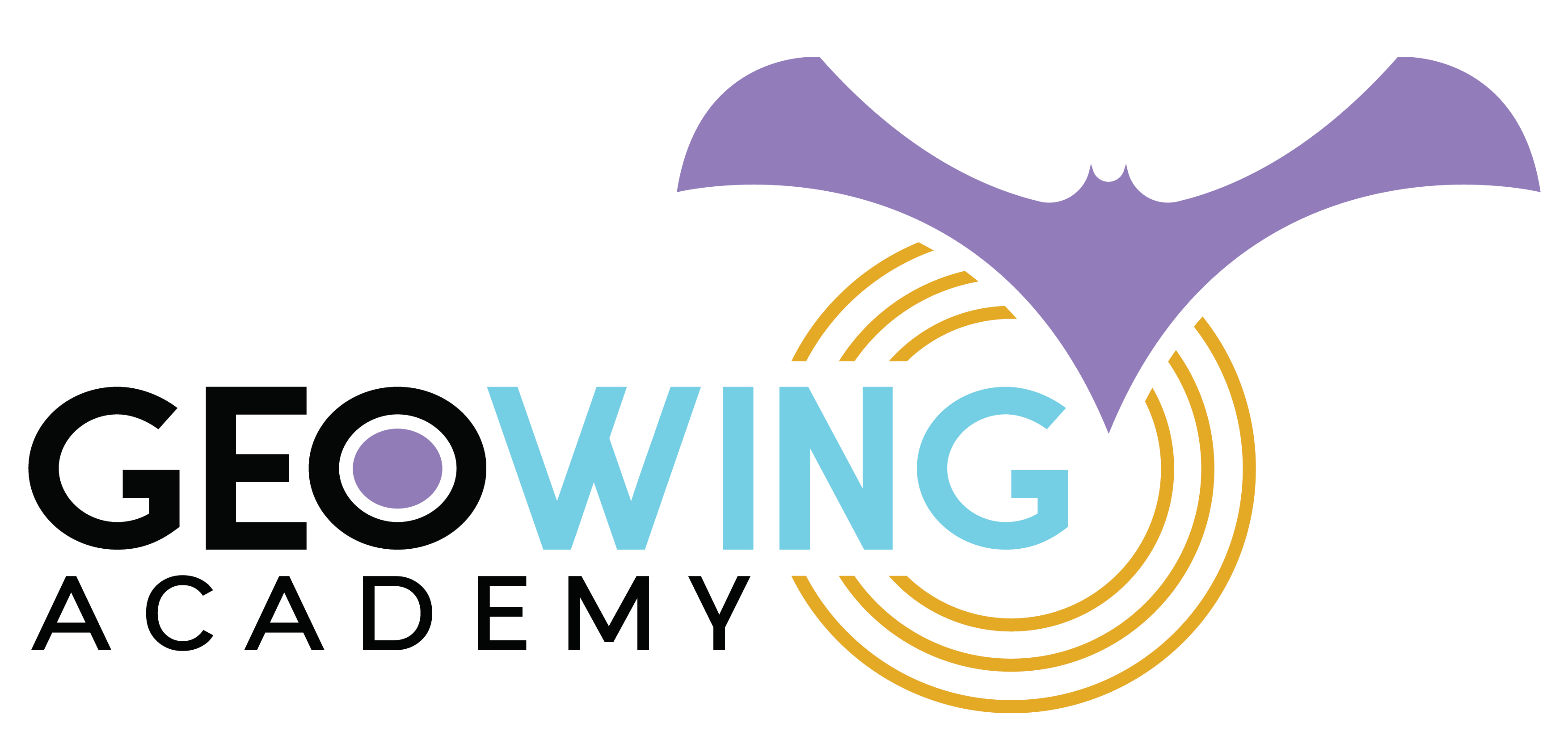
Drone Photogrammetry & GIS Introduction (Foundation) Course
Drone Photogrammetry & GIS Introduction (Foundation) Course



Introduction to Conservation Technology
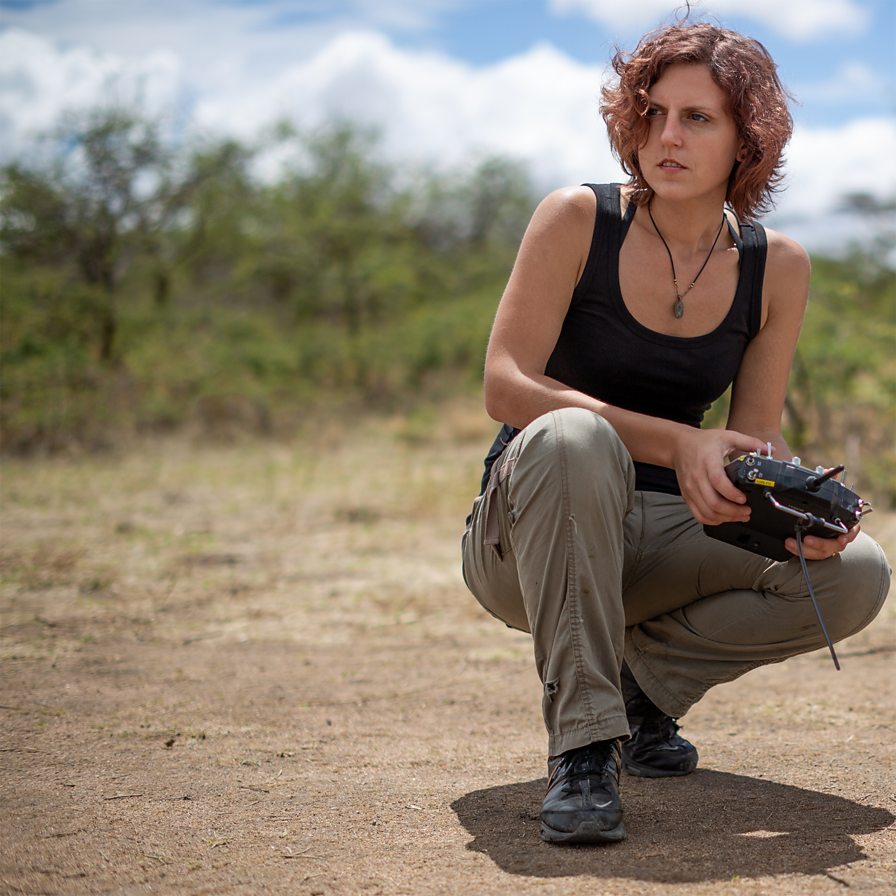
Introduction to Conservation Technology
- 1 What is conservation technology and why does this field exist?
- 2 The conservation technology landscape: What tools define the field?
- 3 Innovation meets collaboration: The origin and future of conservation tech
- 4 The hidden costs of conservation technology: ethical and environmental harms
- 5 Challenges and opportunities: shaping the future of conservation technology
Introduction to Conservation Technology

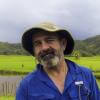






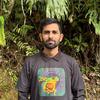


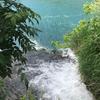







Introduction to Acoustic Monitoring

Introduction to Acoustic Monitoring
Introduction to Acoustic Monitoring



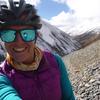
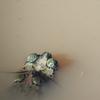
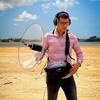











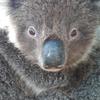

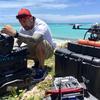
Camera Trapping for Conservation

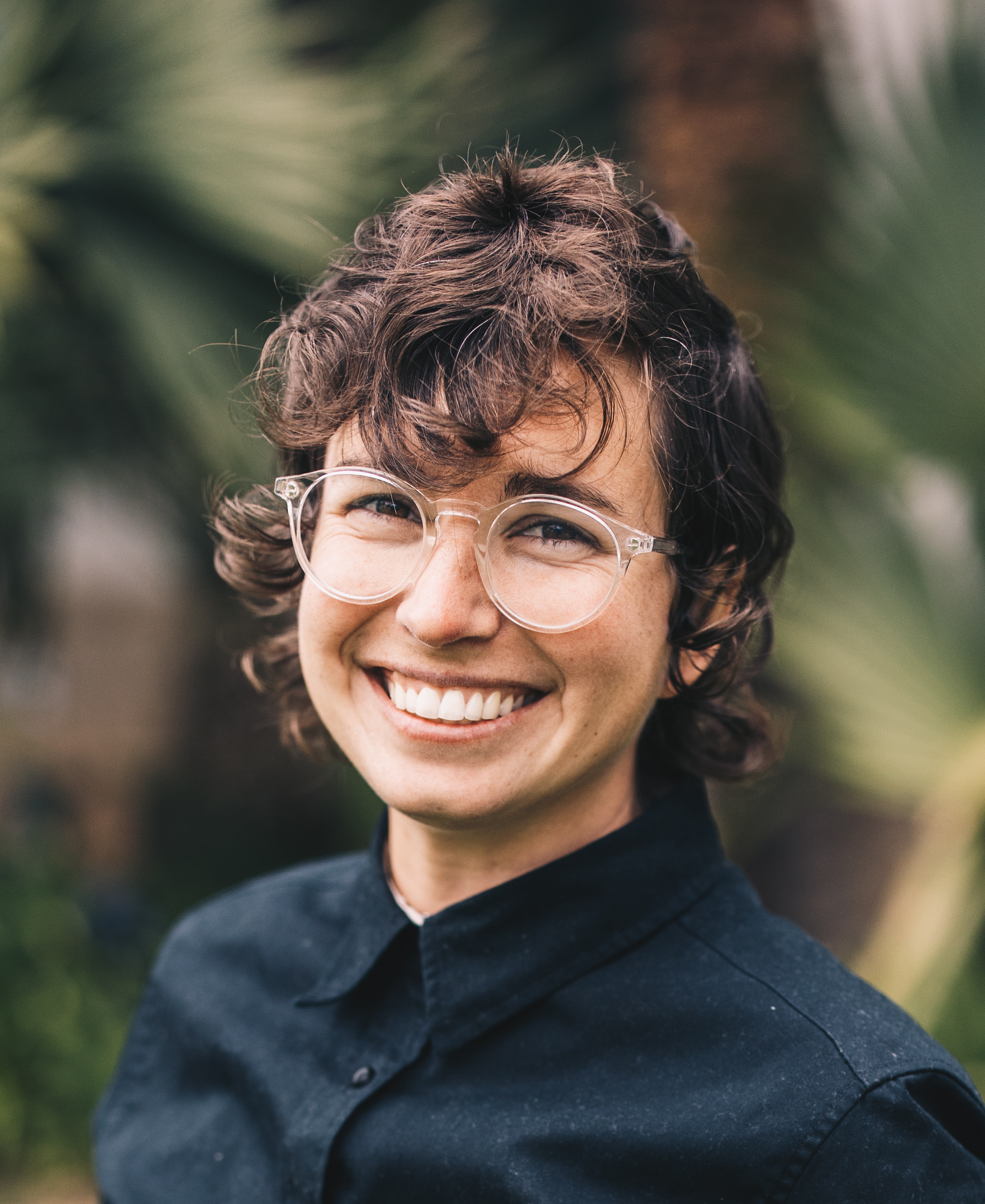
Camera Trapping for Conservation
Camera Trapping for Conservation




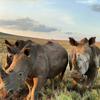
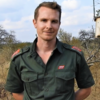



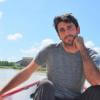


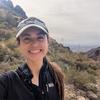






July 2025
May 2025
February 2025
January 2025
event
| Description | Activity | Replies | Groups | Updated |
|---|---|---|---|---|
| Hi Ethan, It's indeed a competitive area. My advice for you (and anybody else seeking a PhD supervisor)...Do background research on each individual potential supervisor and always... |
|
Early Career, AI for Conservation, Animal Movement, Climate Change | 3 days 19 hours ago | |
| Hi Frida!As a recent graduate gearing up for grad school applications, I've also been looking into conservation tech programs. As @carlybatist already mentioned, there's an... |
+2
|
Early Career, Conservation Tech Training and Education | 3 days 17 hours ago | |
| My name is Frank Short and I am a PhD Candidate at Boston University in Biological Anthropology. I am currently doing fieldwork in Indonesia using machine-learning powered passive... |
|
Acoustics, AI for Conservation, Animal Movement, Data management and processing tools, Early Career, Emerging Tech, Ethics of Conservation Tech, Protected Area Management Tools, Software Development | 2 weeks ago | |
| Hello all!I just found this amazing resource and was hoping people here could help provide me some with advice! I am a junior web developer... |
|
Early Career | 2 weeks ago | |
|
|
Latin America Community, Acoustics, AI for Conservation, Camera Traps, Drones, Early Career | 2 weeks 6 days ago | ||
| Hi Karinna, That seems that a great plan and lots of nice skills to bring in!Don't hesitate to search the member directory or the organisations inventory to find suitable... |
|
Early Career | 1 month 2 weeks ago | |
| Hi @ziggy_4 , I agree with those who commented before, there are a lot of ways to get into the field. I went down the Biology route and then learnt more via my PhD. ... |
|
Early Career, Conservation Tech Training and Education | 1 month 2 weeks ago | |
| Hi Tanakrit, Thanks for your post and welcome! I am almost in the same boat as you, with some differences. You might lookup my old post herehttps://wildlabs.net/... |
|
Early Career | 1 month 4 weeks ago | |
| Hi everyone, I’m excited to become a member of Wild Lab! I’m currently working on my master’s thesis, focusing on dormouse conservation. My research explores the behavioral... |
|
AI for Conservation, Animal Movement, Camera Traps, Citizen Science, Community Base, Data management and processing tools, Early Career, Geospatial | 2 months 1 week ago | |
| That's amazing thanks so much! |
|
Acoustics, AI for Conservation, Data management and processing tools, Early Career | 2 months 1 week ago | |
| Hi Savi, Apologies for the delayed response. I have finished my Marters in AI and ML. Happy to share. Soumya |
+13
|
Community Base, Early Career | 2 months 3 weeks ago | |
| Adam,I work for the Zoological Society of London. We currently have a 9-month paid internship in the Estuary and Wetlands team, supporting inshore marine habitat restoration... |
|
Early Career | 2 months 3 weeks ago |
PhD Advice
22 April 2025 1:34am
19 May 2025 12:29am
Hi Ethan, It's indeed a competitive area. My advice for you (and anybody else seeking a PhD supervisor)...
- Do background research on each individual potential supervisor and always approach them demonstrating your alignment with their research focus.
- Show that you have read and understood one or two of their key (relevant) papers in your initial email to them.
- Have in mind something relevant to you AND to the potential supervisor, to propose as a topic in your initial email to them. But, remain open to their ideas - there's a good chance they have something that would align with your interests and that would (more) smoothly generate a successful PhD than you might have come up with ;-)
- Write clearly and succinctly.
- Demonstrate enthusiasm and highlight any relevant past experience and engagement in the relevant area (briefly).
- Attach a PDF CV.
- Apply for PhD positions in areas where you are qualified.
- Evidence that you have published a good paper, especially as first author, from your Masters thesis would be a bonus.
This is a time-consuming process. But you may end up spending 3+ years working with this supervisor, and vice versa. It's important for all concerned that you (and they) make a good, informed decision.
Good luck in your search!
Alan.
What are Some Good Conservation Tech Graduate Programs/Paths?
27 March 2025 2:05am
15 May 2025 12:56am
I went to University of Michigan for undergrad. I admired this graduate program in engineering sustainable systems. It's a dual degree through the school of nature resources and the college of engineering (for example, mechanical engineering department). You apply to both schools and if you get into both, you can get into this program.
Good luck!
16 May 2025 8:03am
I work on shark research using photo ID techniques, and the mother company running all the software is based in the US (called Conservation X). They are doing really exciting stuff to combine technology with conservation efforts. Perhaps its a company you could contact to see if there are internships or anything?
19 May 2025 3:19am
Hi Frida!
As a recent graduate gearing up for grad school applications, I've also been looking into conservation tech programs. As @carlybatist already mentioned, there's an Ecology and Data Science MSc from UCL, and @Frank_van_der_Most mentioned the upcoming program from the University of South Wales. I also want to add the MS in Conservation Technology from Florida Tech.
I'll let you know if I find more.
Prospective NSF INTERN
11 February 2025 10:00am
8 May 2025 8:51am
My name is Frank Short and I am a PhD Candidate at Boston University in Biological Anthropology. I am currently doing fieldwork in Indonesia using machine-learning powered passive acoustic monitoring focusing on wild Bornean orangutans (and other primates). I am reaching out because as a student with a National Science Foundation Graduate Research Fellowship, I am eligible to take advantage of the NSF INTERN program which supports students to engage in non-academic internships through covering a stipend and other expenses, with the only caveat being that the internship must be in-person and not remote. I was wondering if any organizations in conservation technology would be interested in a full-time intern that would be coming in with their own funding?
In addition to experience with machine learning and acoustics through training a convolutional neural network for my research, I also have worked with GIS, remote sensing, and animal movement data through other projects. Further, I have experience in community outreach both in and outside of academic settings, as I previously worked for the Essex County Department of Parks and Recreation in New Jersey for 3 years where I created interpretive signs, exhibits, newsletters, brochures, and social media posts. Now while doing my fieldwork in Indonesia, I have led hands-on trainings in passive acoustic monitoring placement and analysis as well as given talks and presentations at local high schools and universities.
I would love to be able to use this opportunity (while the funding still exists, which is uncertain moving forward due to the current political climate in the US) to exercise and develop my skills at a non-academic institution in the conservation technology sphere! If anyone has any suggestions or is part of an organization that would be interested in having me as an intern, please contact me here or via my email: fshort@bu.edu geometry dash. Thank you!
Hi Frank, your work sounds incredibly valuable and well-aligned with current needs in conservation tech. With your strong background in machine learning, acoustics, GIS, and outreach, you’d be an asset to many organizations. I’d recommend looking into groups like Rainforest Connection, Wildlife Acoustics, or the Conservation Tech Directory (by WILDLABS)—they often work on acoustic monitoring and might be open to in-person internships, especially with funding already in place. Best of luck finding the right match—your initiative is impressive!
Advice for Junior Web Developer
7 May 2025 9:45pm
Technology in Wildlife Welfare Workshop (in-person, UK)
6 May 2025 7:46pm
Post-Doctoral Research Fellow/ Project Manager, University of St. Andrews, UK
2 May 2025 4:31pm
'Boring Fund' Workshop: AI for Biodiveristy Monitoring in the Andes
5 February 2025 5:55pm
8 February 2025 4:29pm
Hey @benweinstein , this is really great. I bet there are better ways to find bofedales (puna fens) currently than what existed back in 2010. I'll share this with the Audubon Americas team.
2 May 2025 2:59pm
Hi everyone, following up here with a summary of our workshop!
The AI for Biodiversity Monitoring workshop brought together twenty-five participants to explore uses of machine learning for ecological monitoring. Sponsored by the WILDLABS ‘Boring Fund’, we were able to support travel and lodging for a four-day workshop at the University of Antioquia in Medelín, Colombia. The goal was to bring together ecologists interested in AI tools and data scientists interested in working on AI applications from Colombia and Ecuador. Participants were selected based on potential impact on their community, their readiness to contribute to the topic, and a broad category of representation, which balanced geographic origin, business versus academic experience, and career progression.
Before the workshop began I developed a website on github that laid out the aims of the workshop and provided a public focal point for uploading information. I made a number of technical videos, covering subjects like VSCODE + CoPilot, both to inform participants, as well as create an atmosphere of early and easy communication. The WhatsApp group, the youtube channel (link) of video introductions, and a steady drumbeat of short tutorial videos were key in establishing expectations for the workshop.
The workshop material was structured around data collection methods, Day 1) Introduction and Project Organization, Day 2) Camera Traps, Day 3) Bioacoustics, and Day 4) Airborne data. Each day I asked participants to install packages using conda, download code from github, and be active in supporting each other solving small technical problems. The large range of technical experience was key in developing peer support. I toyed with the idea of creating a juypterhub or joint cloud working space, but I am glad that I resisted; it is important for participants to see how to solve package conflicts and the many other myriad installation challenges on 25 different laptops.
We banked some early wins to help ease intimidation and create a good flow to technical training. I started with github and version control because it is broadly applicable, incredibly useful, and satisfying to learn. Using examples from my own work, I focused on github as a way both to contribute to machine learning for biology, as well as receive help. Building from these command line tools, we explored vscode + copilot for automated code completion, and had a lively discussion on how to balance utility of these new features with transparency and comprehension.
Days two, three and four flew by, with a general theme of existing foundational models, such as BirdNET for bioacoustics, Megadetector for Camera traps, DeepForest for airborne observation. A short presentation each morning was followed by a worked python example making predictions using new data, annotation using label-studio, and model developing with pytorch-lightning. There is a temptation to develop jupyter notebooks that outline perfect code step by step, but I prefer to let participants work through errors and have a live coding strategy. All materials are in Spanish and updated on the website. I was proud to see the level of joint support among participants, and tried to highlight these contributions to promote autonomy and peer teaching.
Sprinkled amongst the technical sessions, I had each participant create a two slide talk, and I would randomly select from the group to break up sessions and help stir conversation. I took it as a good sign that I was often quietly pressured by participants to select their talk in our next random draw. While we had general technical goals and each day had one or two main lectures, I tried to be nimble, allowing space for suggestions. In response to feedback, we rerouted an afternoon to discuss biodiversity monitoring goals and data sources. Ironically, the biologists in the room later suggested that we needed to get back to code, and the data scientists said it was great. Weaving between technical and domain expertise requires an openness to change.
Boiling down my takeaways from this effort, I think there are three broad lessons for future workshops.
- The group dynamic is everything. Provide multiple avenues for participants to communicate with each other. We benefited from a smaller group of dedicated participants compared to inviting a larger number.
- Keep the objectives, number of packages, and size of sample datasets to a minimum.
- Foster peer learning and community development. Give time for everyone to speak. Step in aggressively as the arbiter of the schedule in order to allow all participants a space to contribute.
I am grateful to everyone who contributed to this effort both before and during the event to make it a success. Particular thanks goes to Dr. Juan Parra for hosting us at the University of Antioquia, UF staff for booking travel, Dr. Ethan White for his support and mentorship, and Emily Jack-Scott for her feedback on developing course materials. Credit for the ideas behind this workshop goes to Dr. Boris Tinoco, Dr. Sara Beery for her efforts at CV4Ecology and Dr. Juan Sebastian Ulloa. My co-instructors Dr. Jose Ruiz and Santiago Guzman were fantastic, and I’d like to thank ARM through the WILDLABS Boring fund for its generous support.
2 May 2025 2:59pm
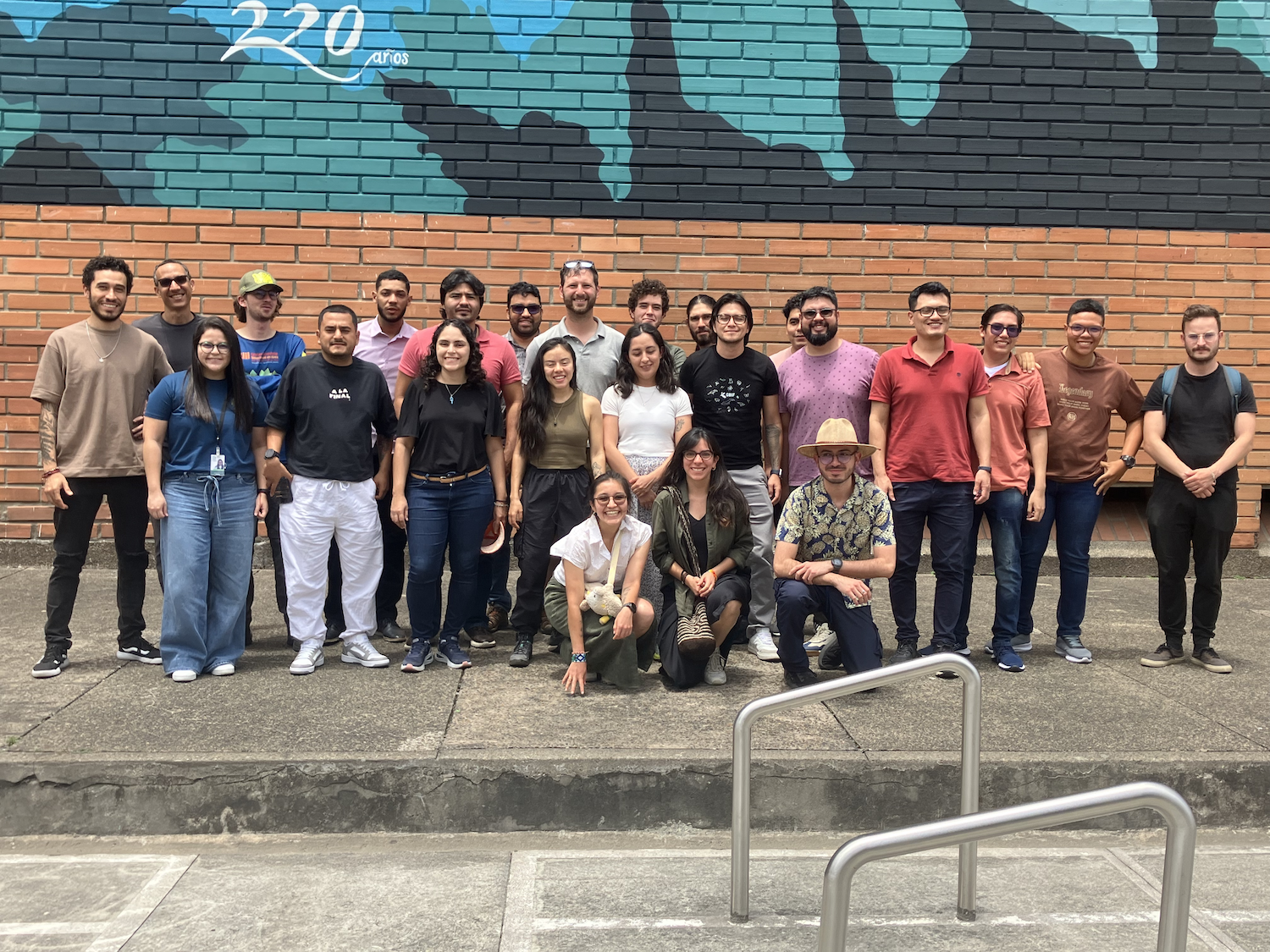
Global Science Data Management and AI Graduate Intern
18 April 2025 2:52pm
Enterprise Geospatial Undergraduate Intern
18 April 2025 2:50pm
WILDLABS-WWF Graduate Intern
 WILDLABS Team
and 1 more
WILDLABS Team
and 1 more
17 April 2025 6:06pm
Planning a Gap Year
4 April 2025 2:08pm
4 April 2025 2:52pm
Hi Karinna,
That seems that a great plan and lots of nice skills to bring in!
Don't hesitate to search the member directory or the organisations inventory to find suitable place for you to go to. It really depends on what you would like to do and where you want to go (or can go).
Wishing you the best in your search.
How can I start a career in conservation technology?
20 March 2025 10:58pm
21 March 2025 4:03pm
So great to hear that you're interested in this incredible sector! I echo Tom in that I don't know of too many specific "conservation tech" degrees as it's such an interdisciplinary field. Perhaps Intro to Conservation Tech Course would be helpful in learning about which direction is most interesting to you to pursue?
21 March 2025 10:13pm
About a year ago, @emmahiggins asked for feedback on a course design for a MsC on Conservation Technology at the University of South Wales. I don't know if that course has started in the meantime, but Emma's email is in her post.
See: https://wildlabs.net/discussion/thoughts-new-msc-conservation-technology
I hope you'll find what you're looking for, Max !
2 April 2025 10:03am
Hi @ziggy_4 ,
I agree with those who commented before, there are a lot of ways to get into the field. I went down the Biology route and then learnt more via my PhD.
However, we have a Conservation Technology Module as Part of out Wildlife Biology BSc at the University of South Wales - BSc (Hons) International Wildlife Biology - University of South Wales . The course is being rewritten to be 'Ecology and Conservation' and will include this new Conservation Technology Module, where we also link with our engineering department.
If you have any questions, feel free to email me - emma.higgins@southwales.ac.uk
Good luck!
@Frank_van_der_Most - thanks for the tag!
Multiple grants
28 March 2025 1:42pm
2025 AI upskilling workshop for former US/state environmental scientists
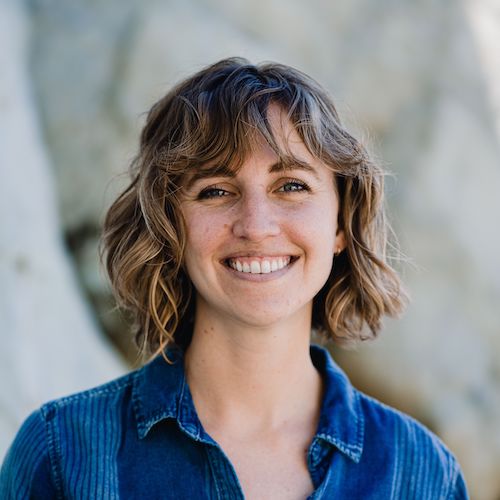 Sara Beery
and 2 more
Sara Beery
and 2 more
25 March 2025 7:10pm
Seeking to contribute to this space
22 March 2025 10:17am
23 March 2025 1:06am
Hi Tanakrit,
Thanks for your post and welcome!
I am almost in the same boat as you, with some differences.
You might lookup my old post here
https://wildlabs.net/discussion/switch-conservation-it
As I am trying to figure it out, there is no set framework or template to follow. You can try the following which I plan to try as well:
Finish the Wildlabs courses.
Try the inventory section and check if any company/ org has any overlapping skillset as yours. Contact them with your interest.
Network in any group of interest.
Reach out for volunteering/ citizen science program where you see any.
Associate with other conservation tech people in your area.
There may be more. But these are some I could quickly think about.
Drone Photogrammetry & GIS Introduction (Foundation) Course
 Sean Hill
and 1 more
Sean Hill
and 1 more
18 March 2025 12:47pm
ICCB 2025 – Let’s Connect!
9 March 2025 5:06am
12 March 2025 1:55pm
Hi everyone, I’m excited to become a member of Wild Lab! I’m currently working on my master’s thesis, focusing on dormouse conservation. My research explores the behavioral responses of dormice to temperature and habitat patterns using camera trap data.
Additionally, I’d like to incorporate agent-based modeling to simulate species behavior. However, I’m a bit unsure about how to effectively apply modeling for predictions. If anyone here has experience with modeling, I’d love to connect and discuss!
Looking forward to learning from you all.
Best regards,
Sea turtle Bioacoustics Project
17 February 2025 8:16pm
7 March 2025 12:47pm
Hi Sam, I did my master's on hatchling turtle vocalisations and their role in nest emergence behaviours (currently under review for publication). I recorded nest emergence behaviour in-situ using microphones and camera traps. I worked with snapping turtles, but the methods could be quite useful. I would be happy to share my thesis if that would be helpful.
there are a few sea turtle papers that describe hatchling vocalisations but not many experiments testing hypotheses for these vocalisations.
here are some papers that could help you get you started:
Shoot me a message if interested in chatting more :)
7 March 2025 1:32pm
Hello Sam ...great work, would like to see the paper when it comes online. I would like to know about the device....Bests Zahir
10 March 2025 11:24am
That's amazing thanks so much!
Camera Trapping for Conservation
 Meredith Palmer
and 1 more
Meredith Palmer
and 1 more
5 March 2025 9:10am
Introduction to Acoustic Monitoring
5 March 2025 9:05am
Introduction to Conservation Technology
5 March 2025 9:00am
Advancing Hierarchical Classification of Ocean Life
4 March 2025 10:09pm
4 March 2025 10:13pm
Wildlife Monitoring Internship 2025
3 March 2025 3:02pm
Conservation Tech Career Pathways - what do you want to know?
17 June 2022 1:30pm
20 April 2024 5:36pm
Unfortunately , not yet . Still digging into it in my free time. And trying to setup a camera in my bord feeder for a mini conservation project in my back garden :)
20 April 2024 5:41pm
Hi Soumya ,
Interested to know if you are pursuing distance education in ML while at your current job. I would love to hear more about your journey on course specifics and the platform you use to complete the education, and I would love to hear if you have any recommendations based on your experiences.
Thanks,
Savi
25 February 2025 1:19am
Hi Savi,
Apologies for the delayed response.
I have finished my Marters in AI and ML. Happy to share.
Soumya
advice on tech and conservation career
21 October 2024 5:41pm
21 November 2024 8:16pm
Hi Adam,
I am an employer in wildlife tech in Canada. Unfortunately, we don't have an overlap with your skill set and training but I can offer some advice.
From an employer perspective, I always prefer hiring people with a passion and background in wildlife. However, it is extraordinarily rare to get applicants with this background. A combo of applicable technical training and passion/experience in wildlife at least for me is a guarunteed interview. I would recommend you do an extensive search of potential employers in wildlife tech and start introducing yourself. Call, email, visit ones close if you can, even if they are not actively hiring.
You may also want to consider going to the dark side to get an early stage boost - for profit environmental consulting often done by engineering firms. They always need GIS work. The work of course is environmental compliance for development purposes not conservation but you get a lot of hours and gain seniority quickly if you choose to move back to the good side.
Lots of service side or non-profits at the least view GIS as an asset so you may have luck there. Organizations doing drone work would be a good place to start.
For your resume, some feedback:
- I prefer a 1 or 2 page max resume for an early stage person. You can cut some block text from your descriptions. You may want to format the resume using a designed template as well.
- A photo of yourself, date of birth, and health status are not common or expected in North America. Most employers do not want to overtly get this information and may filter out your resume because of it. Consider a separate format for N. America if you look here.
Best of luck in your job search.
20 February 2025 9:32pm
Hi @Adamtours , in case you are still looking for an internship this opportunity at SOLOM EARTH might interest you. Alternatively, the Satellite Applications Catapult will be advertising soon several interhsips (they may or may not be conservation related though but keep an eye out for those).
Hope this helps!
24 February 2025 10:23am
Adam,
I work for the Zoological Society of London. We currently have a 9-month paid internship in the Estuary and Wetlands team, supporting inshore marine habitat restoration projects. The closing date is soon (26th Feb).
See here:
Tropical fieldwork funding! Up to $15,000 -Susan Wojcicki Fellowship
10 February 2025 7:01pm
SPOTS Internship Programme
6 February 2025 3:38pm
Summer Internships at SDZWA (Conservation Technology Lab)
6 February 2025 3:49am
SDZWA Conservation Tech Summer Fellowship
5 February 2025 9:09pm


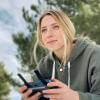


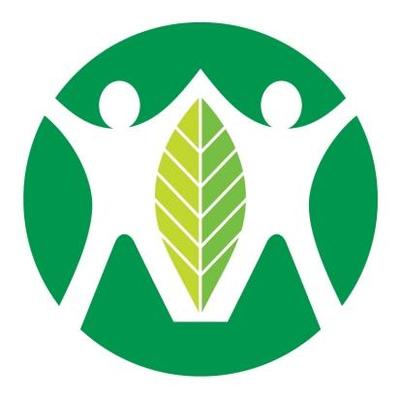



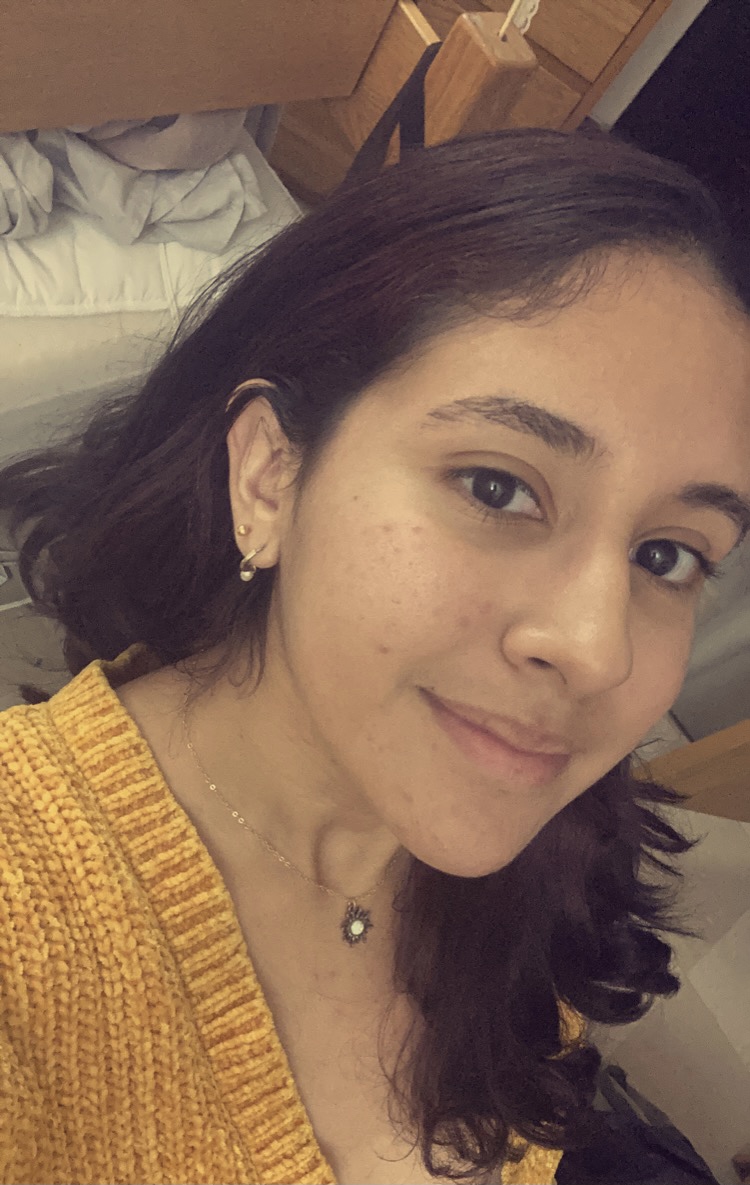


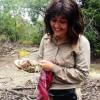
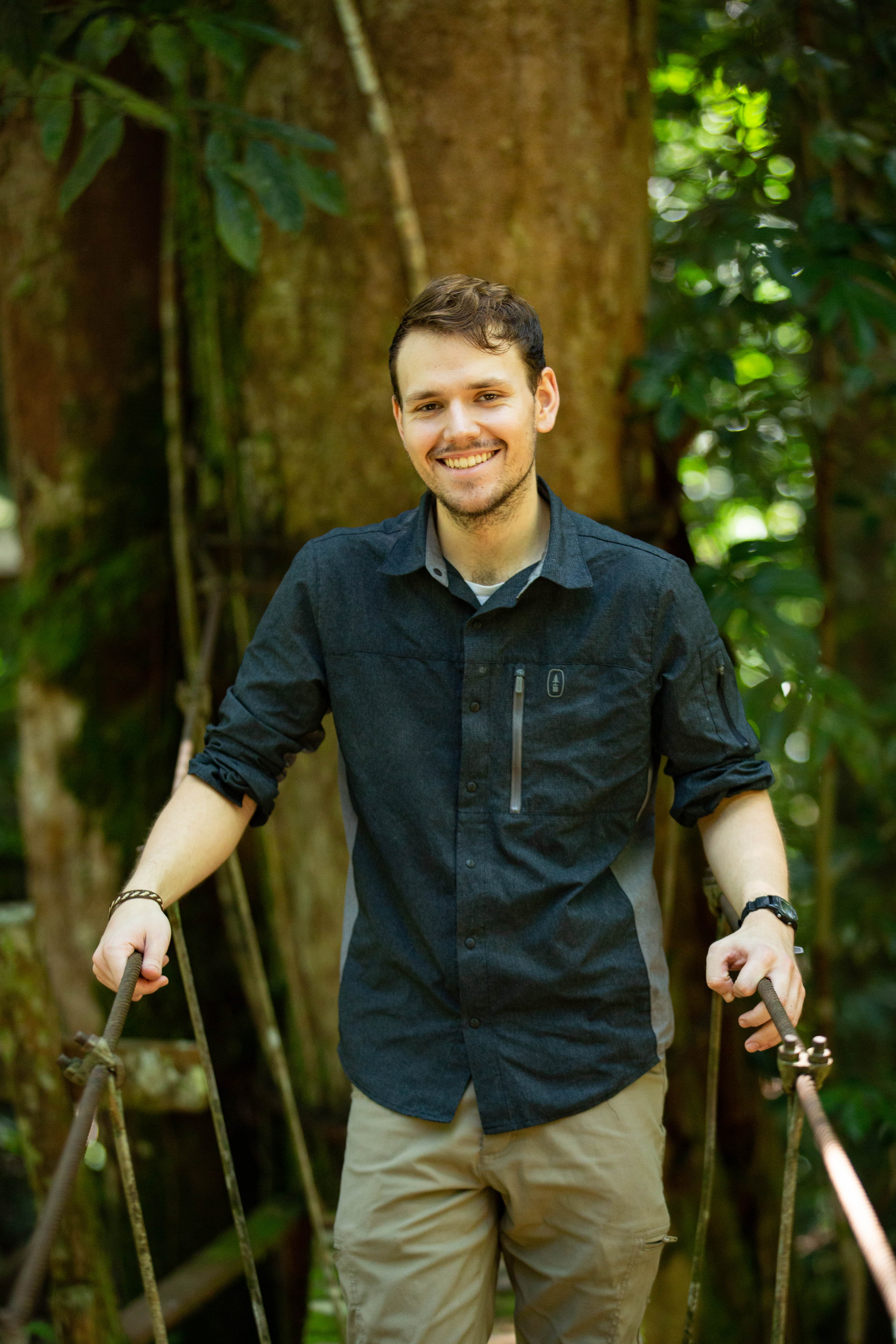
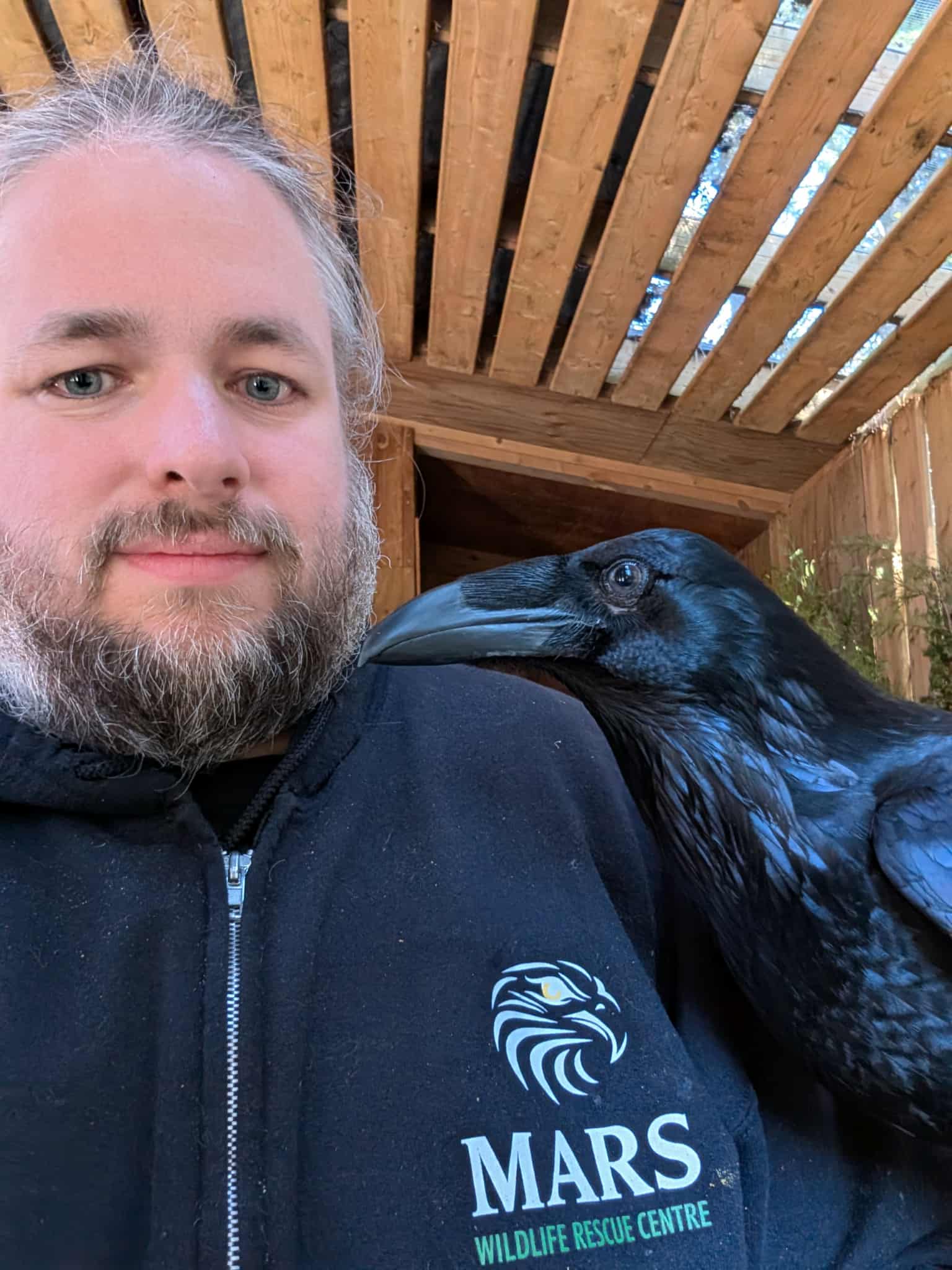




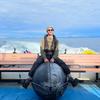





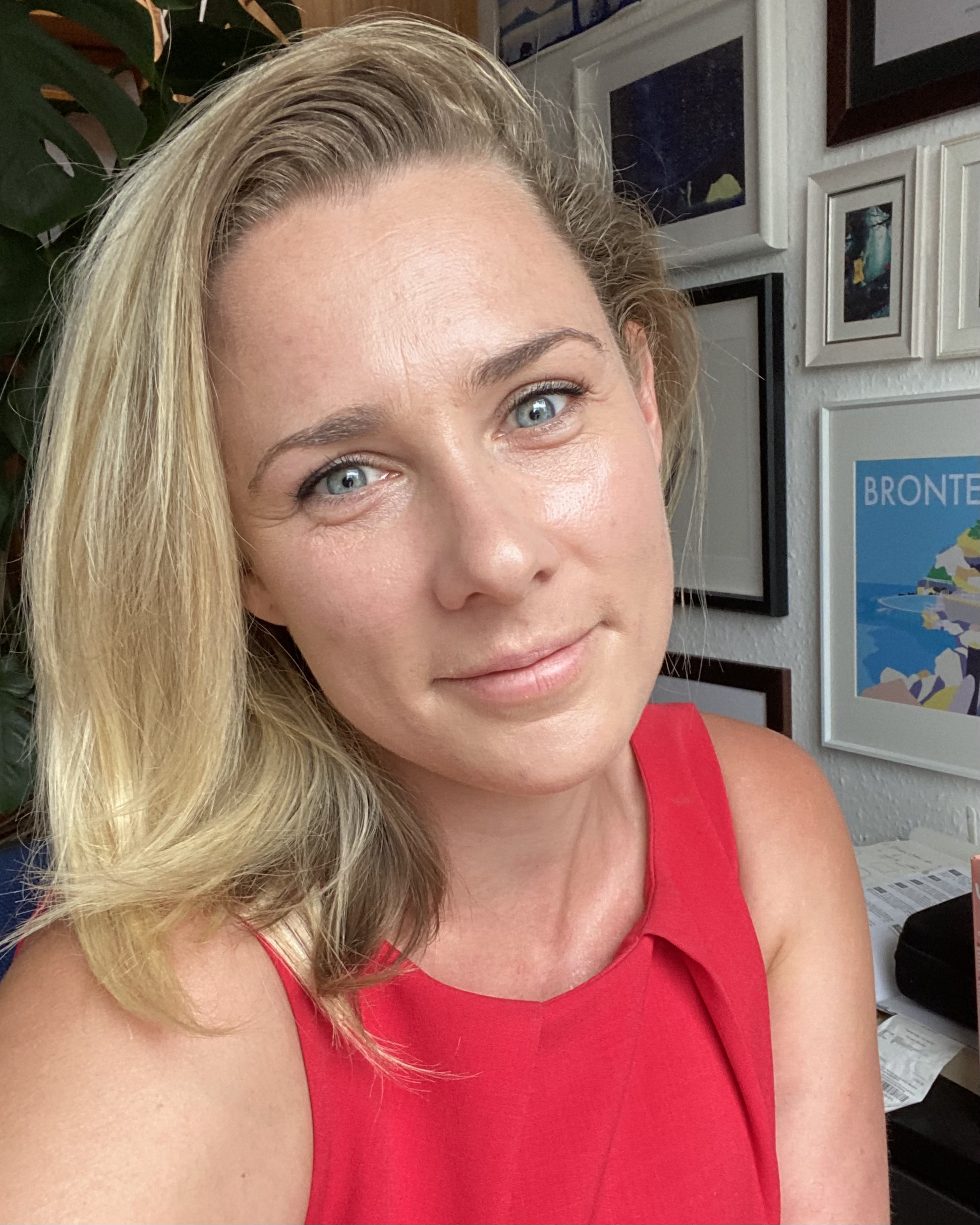

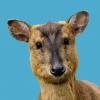


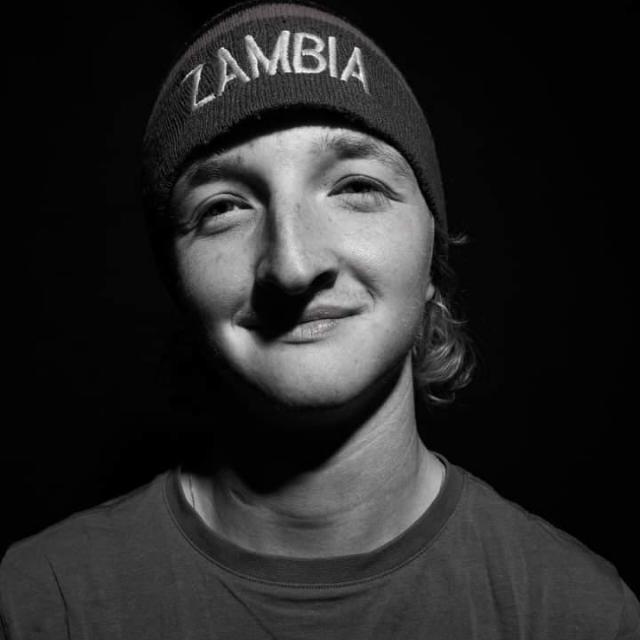






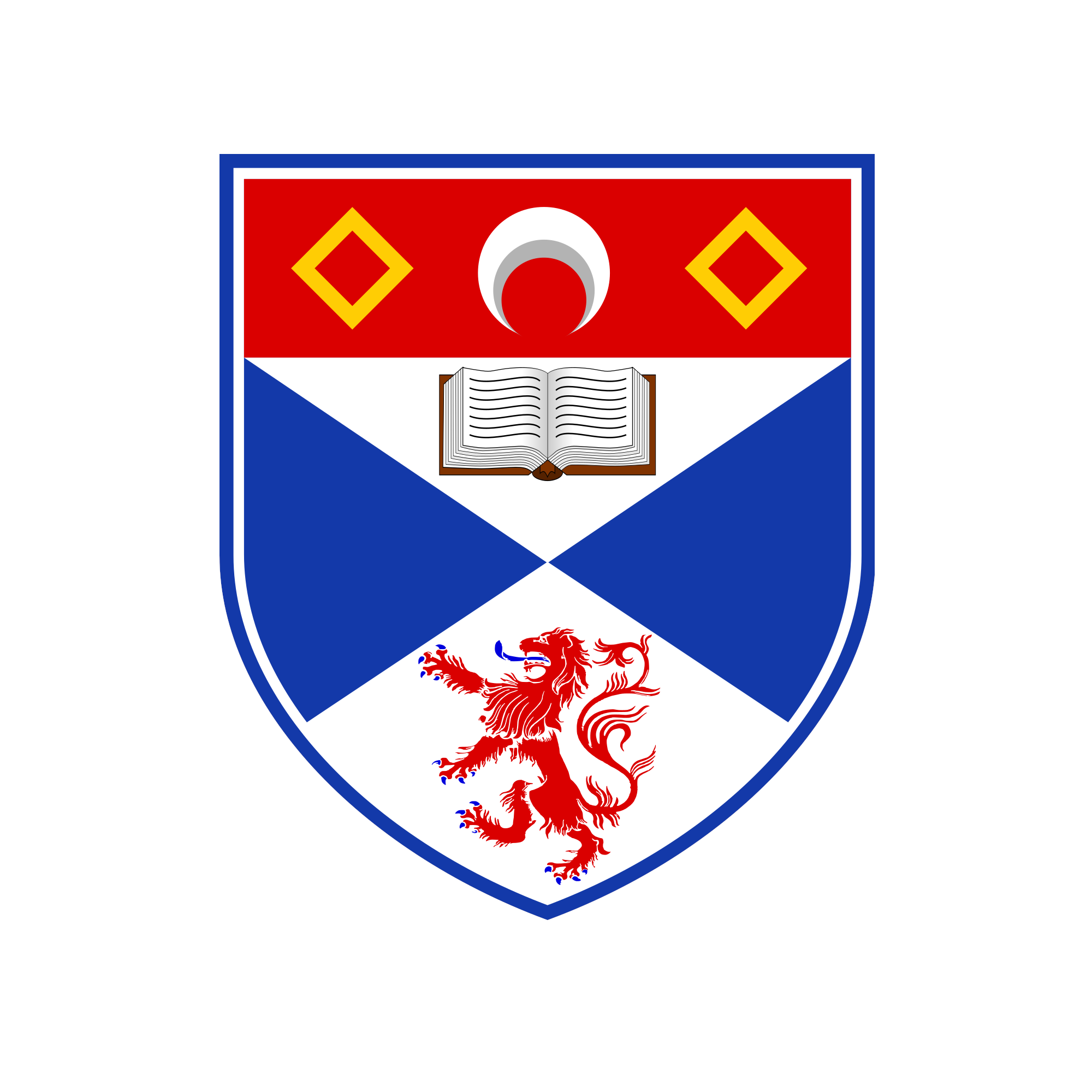

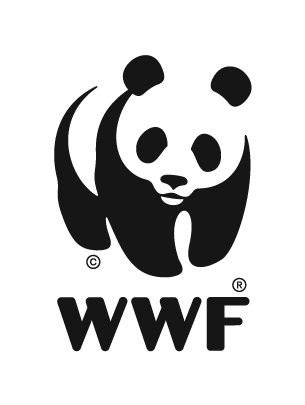





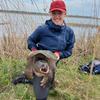
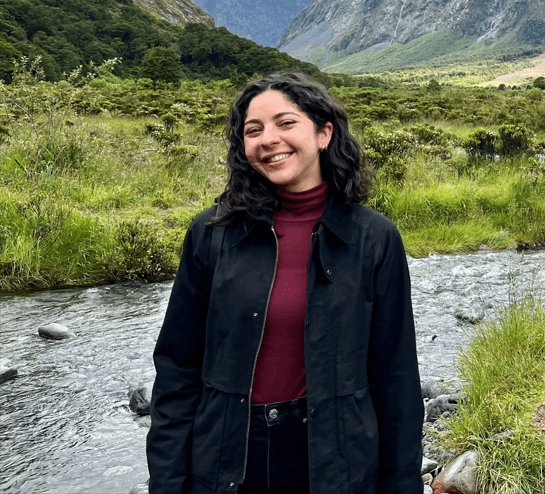
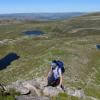
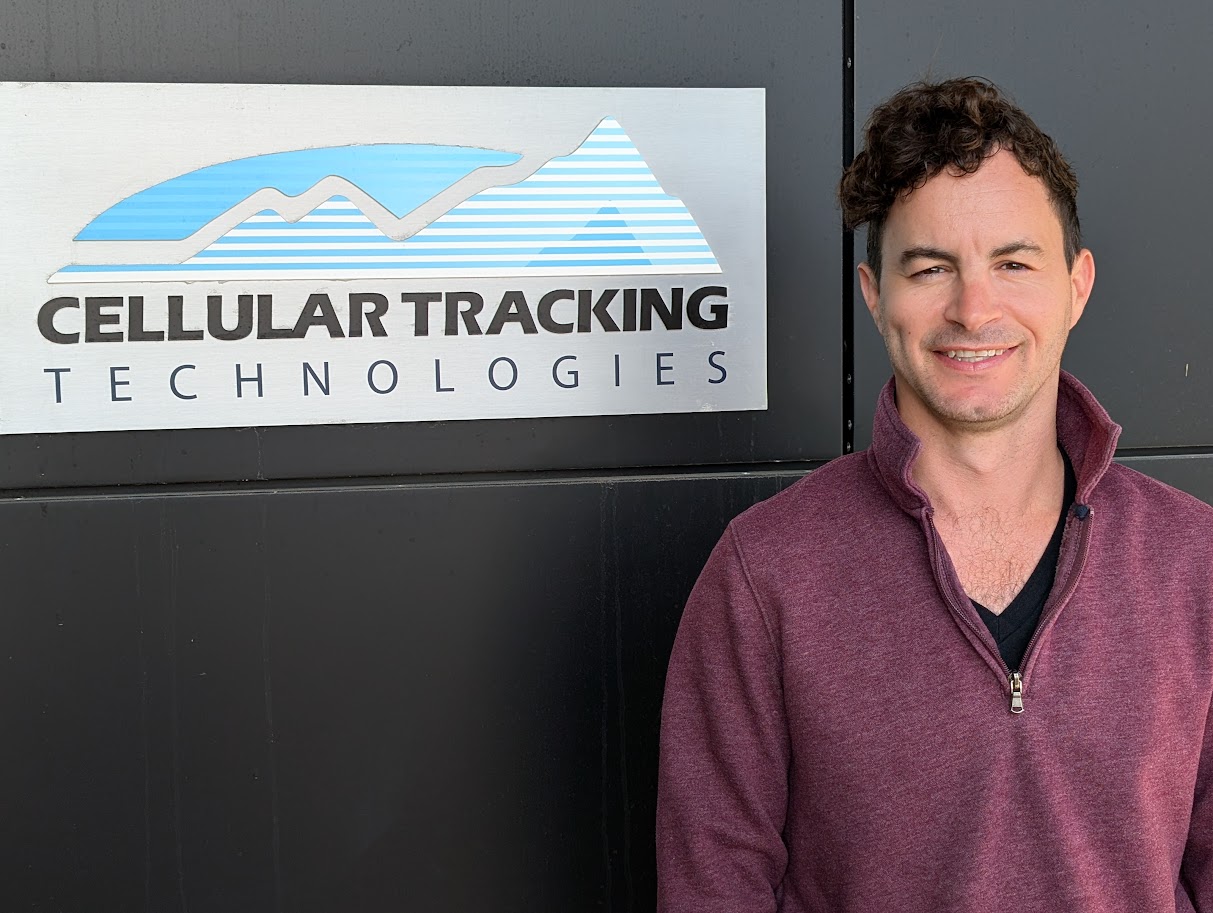
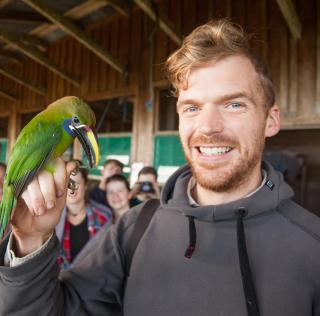
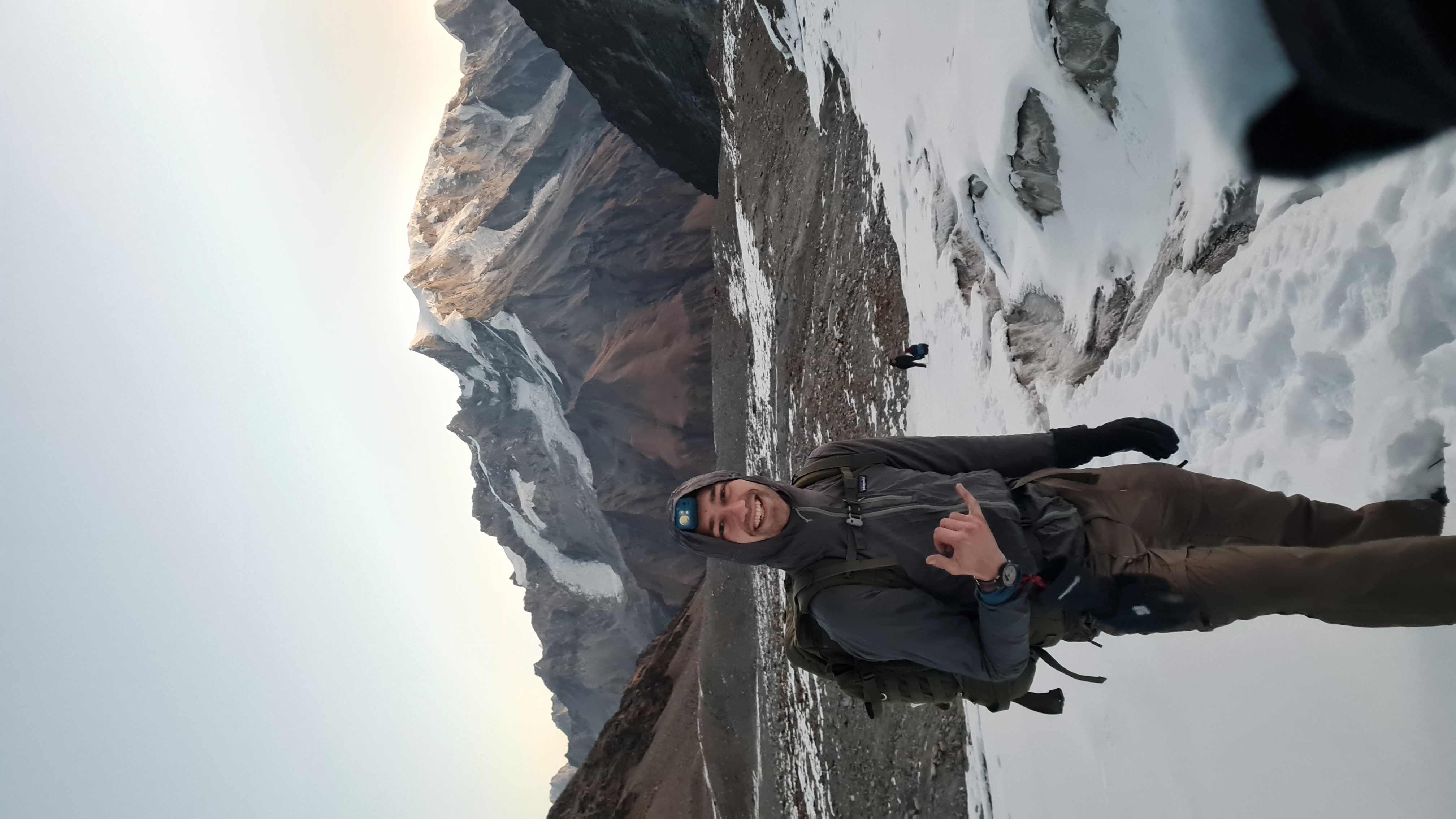
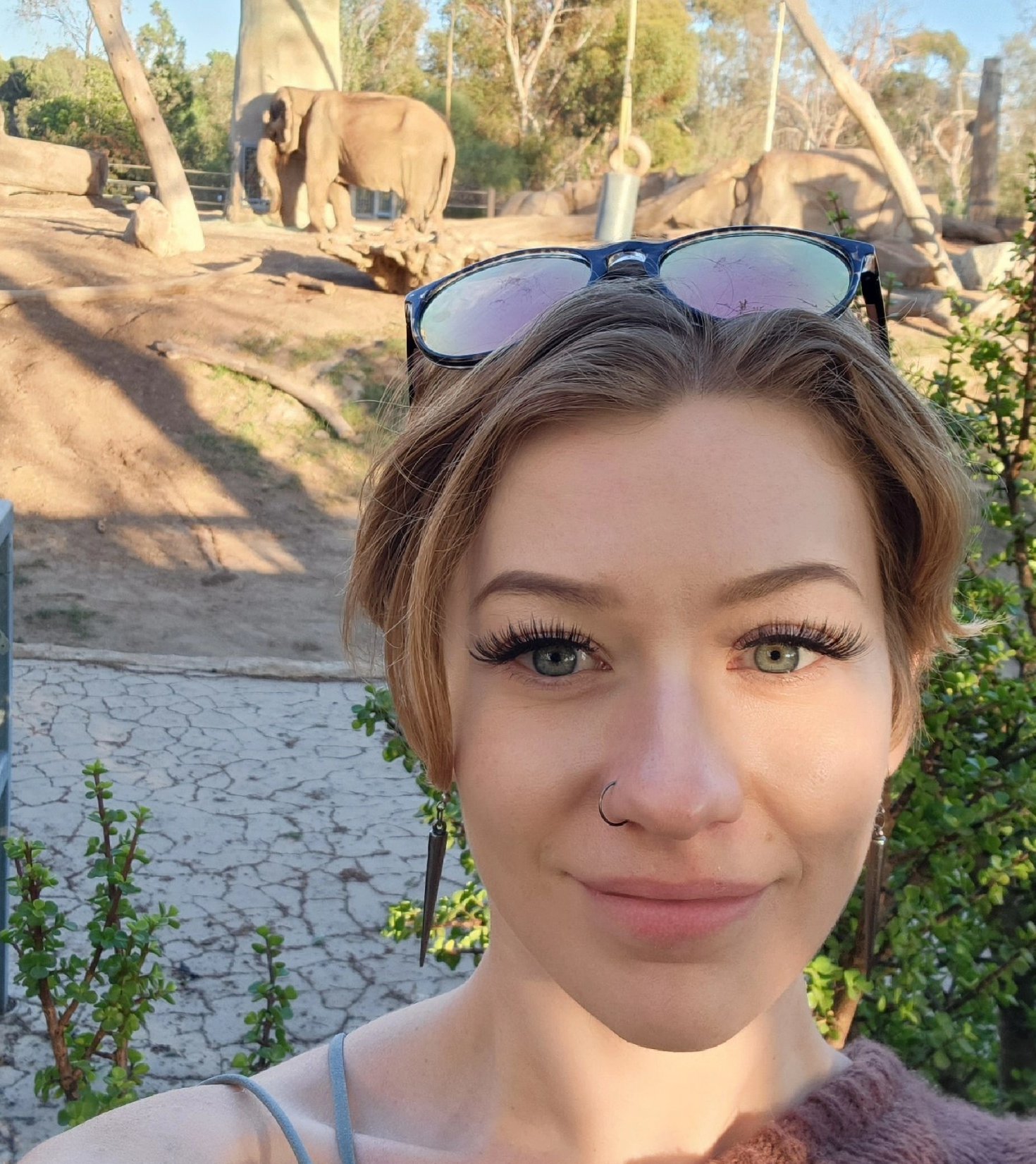
4 May 2025 4:14pm
Hi @ethanmarburger, I am probably not the best to give advice here given that it took me nearly two decades to actually finish my PhD, but I'd aim for something that you are really interested in so that you can keep up a high momentum. If you love your project you are more likely to cruise through the 'grind' periods. In terms of networking, WILDLABS is definitely a great place to start! You may well find some connections just looking across the threads here, and reaching out to people that are doing work you are interested in. More broadly, and depending on where you are in the world, you might be able to volunteer or even get some work on projects in your area, which can be a good way to get a foot in the door to larger research projects. You could possibly look at helping out on some analysis of spatial/AI datasets etc, or reach out to not-for-profits and conservation charities and see what they need/you might be able to help with - but try and be as specific as possible so they know straight away what you are after. Just a few quick ideas off the top of my head, and more than happy to discuss further. My best for your search!
Cheers,
Rob